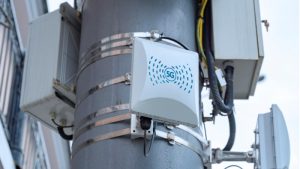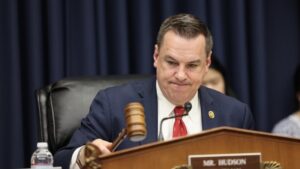Six states, Puerto Rico, and the U.S. Virgin Islands are now fully approved under the Broadband Equity, Access, and Deployment (BEAD) program, National Telecommunications and Information Administration (NTIA) Administrator Arielle Roth announced on Monday.
After years of delays in deploying funding for the Broadband Equity, Access, and Deployment (BEAD) program, lawmakers on Wednesday said the focus must shift from planning to construction, with “shovels in the ground” across the country.
A bipartisan pair of senators wants to reauthorize a U.S. Department of Agriculture (USDA) program to expand broadband access in rural and underserved areas.
The New Mexico state government has published a new thee-year broadband plan that takes aim at increasing broadband infrastructure across the state through 2028 with a longer term goal of reaching 100% connectivity in the state.
A senior official with the National Telecommunications and Information Administration (NTIA) said the agency expects announce new funding opportunities under its Broadband Equity, Access, and Deployment (BEAD) program.
The National Telecommunications and Information Administration (NTIA) broke the law when it overstepped Congress in implementing changes to a key national broadband program last summer, the Government Accountability Office (GAO) found.
This week, the Department of Commerce’s National Telecommunications and Information Administration (NTIA) approved final proposals from 18 states and territories to deliver universal broadband access through the Broadband Equity, Access, and Deployment (BEAD) program.
Sen. Deb Fischer, R-Neb., on Thursday voiced her support of the Broadband Equity, Access, and Deployment (BEAD) program, while criticizing recent changes to the program that she said have minimized Nebraska’s ability to deploy fiber-based broadband.
Lincoln Public Schools (LPS) students will soon be able to connect across the city thanks to an expanded fiber-optic broadband internet program.
Rep. Richard Hudson, R-N.C., said Wednesday that getting the Broadband Equity, Access, and Deployment (BEAD) program off the ground – along with key permitting reforms – is his “top priority” this Congress.









